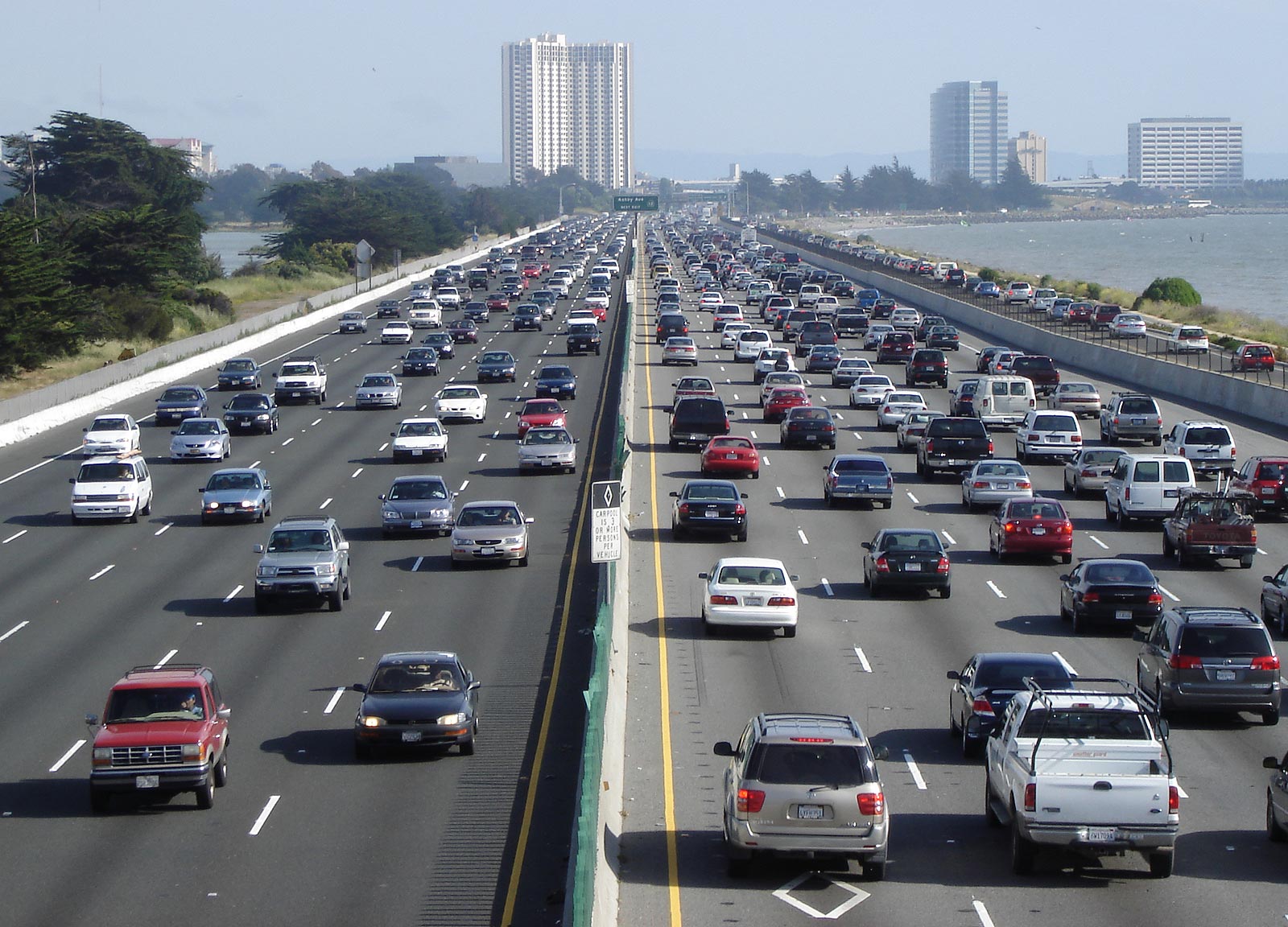It will be held on October 11 in Brussels. The session will be attended by the leaders of various European chemical and automotive companies, as well as manufacturers of batteries. It is planned to spend 2.2 billion euros ($ 2.6 billion) to create a consortium for the production of lithium-ion batteries, said Vice President of the European Commission on Energy Maroš Šefčovič.
"It's right and very important that the European Commission has finally raised the issue of producing batteries at the European level," said a spokesman for the Ministry of Economy and Energy. "We need European sovereignty for key technologies and nutrients, as this is one of the most important factors for the development of electric transport," he added.
Through its actions, Brussels shows that Europe's leading industrial companies are in danger of remaining behind their competitors if they do not switch their focus to energy storage technologies. Lithium-ion batteries are needed for the operation of electric vehicles. Now the demand for them is quite weak, but experts predict that by 2021 the situation will change dramatically.
German automaker Volkswagen recently promised that it will present the electro-versions of all 300 models of their cars by 2030. The automaker intends to allocate 20 billion euros to achieve these goals,. The money will be spent on developing the electric cars themselves. Another 50 billion will be invested in batteries for the operation of these machines. The new business development strategy was presented by the Volkswagen management at the Frankfurt Motor Show.
Auto concern Daimler is also actively moving in this direction. All models of Mercedes-Benz cars will have versions with electric motors by 2022, Daimler's head Dieter Zetsche promised. According to him, by this time the company will be able to offer customers at least 50 models of cars with electric and hybrid engines. By reorienting to electric vehicles, Daimler hopes to cut costs by 4 billion euros.
After the scandal associated with the manipulation of data on the emission levels of diesel cars, German automakers took over development of electric cars. Germany has long been discussing a complete ban on cars with diesel engines. According to a survey of the German edition Handelsblatt, most of Germany's largest cities want to abandon diesel cars. Nine megacities, including Berlin, Cologne and Hamburg, are ready to say "no" to the "polluting atmosphere" of the car industry.
"Diesel scandal", or Dieselgate, affected more than 11 million cars - about as many cars sold to companies belonging to the concern Volkswagen. As it turned out later, their emissions did not meet the environmental standards.
source: reuters.com
"It's right and very important that the European Commission has finally raised the issue of producing batteries at the European level," said a spokesman for the Ministry of Economy and Energy. "We need European sovereignty for key technologies and nutrients, as this is one of the most important factors for the development of electric transport," he added.
Through its actions, Brussels shows that Europe's leading industrial companies are in danger of remaining behind their competitors if they do not switch their focus to energy storage technologies. Lithium-ion batteries are needed for the operation of electric vehicles. Now the demand for them is quite weak, but experts predict that by 2021 the situation will change dramatically.
German automaker Volkswagen recently promised that it will present the electro-versions of all 300 models of their cars by 2030. The automaker intends to allocate 20 billion euros to achieve these goals,. The money will be spent on developing the electric cars themselves. Another 50 billion will be invested in batteries for the operation of these machines. The new business development strategy was presented by the Volkswagen management at the Frankfurt Motor Show.
Auto concern Daimler is also actively moving in this direction. All models of Mercedes-Benz cars will have versions with electric motors by 2022, Daimler's head Dieter Zetsche promised. According to him, by this time the company will be able to offer customers at least 50 models of cars with electric and hybrid engines. By reorienting to electric vehicles, Daimler hopes to cut costs by 4 billion euros.
After the scandal associated with the manipulation of data on the emission levels of diesel cars, German automakers took over development of electric cars. Germany has long been discussing a complete ban on cars with diesel engines. According to a survey of the German edition Handelsblatt, most of Germany's largest cities want to abandon diesel cars. Nine megacities, including Berlin, Cologne and Hamburg, are ready to say "no" to the "polluting atmosphere" of the car industry.
"Diesel scandal", or Dieselgate, affected more than 11 million cars - about as many cars sold to companies belonging to the concern Volkswagen. As it turned out later, their emissions did not meet the environmental standards.
source: reuters.com





